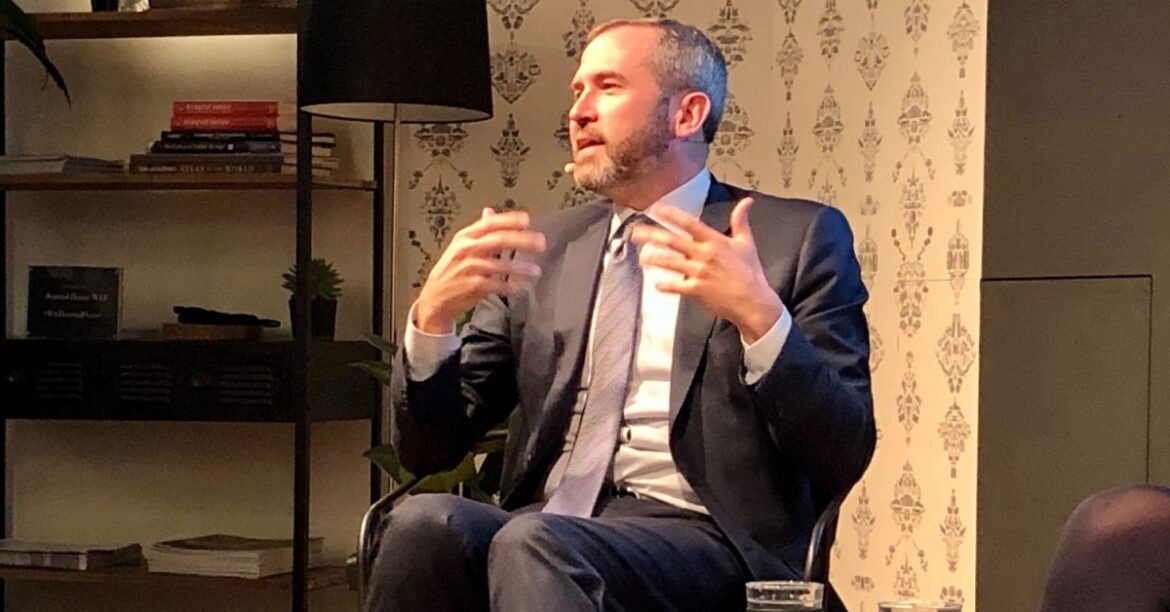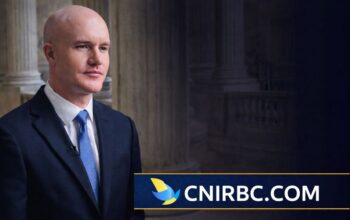Ripple CEO, Brad Garlinghouse has added his voice to that of many who believe that the recent crypto market rally is primarily fueled by ‘money printing’ by governments. Garlinghouse shared his thoughts in a CNN interview today, and also spoke about the factors hindering Ripple’s progress as a startup.
Since the turn of the year, the three largest assets by market cap has returned yields over 100% for investors. Garlinghouse attributed that growth to many people “wanting to hold non-inflationary assets” at a time when “governments are printing more fiat currencies.”
He thinks that the narrative for crypto is similar to the dynamic with gold this year and that many popular hedge fund managers including Paul Tudor Jones and Stan Druckenmiller are now seeing these assets as an “inflationary hedge.”
The Ripple CEO, however, admitted that while a significant portion of investors coming into crypto use Bitcoin as an entry point, they eventually diversify their portfolio.
#Crypto 12 month price moves:$BTC 162%$ETH 304% $XRP 186%@Ripple CEO @bgarlinghouse gives his take on drivers, what regulatory clarity will mean and #IPO timing. / Part 1 pic.twitter.com/jR1hnkU3VB
— Julia Chatterley (@jchatterleyCNN) December 2, 2020
Ripple’s Regulatory Challenges
San Francisco-based Ripple is reportedly considering a move away from the United States, to benefit from clearer regulatory guidance for XRP available in other jurisdictions like the UK, UAE, and Switzerland.
Garlinghouse told CNN’s Julia Chatterley that such a move is still on the cards, and expressed discontent at the fact that Ripple has lost many potential clients because of the U.S being “out of step with other G20 markets” in terms of crypto regulation.
He said, oftentimes that potential Ripple customers (especially in the U.S) insist that there must be clear regulatory dynamics and clarity before they can integrate products that use XRP. Although the United States Securities and Exchange Commission (SEC) has come clean to say that Bitcoin and Ether are not securities under local laws, XRP is yet to get such clarity from the regulatory body.
Brad Garlinghouse explained that for Ripple and the over 100 companies working with XRP, getting that clarity is crucial and that its absence is the reason why 95% of its clients are foreign companies.
However, he also expressed confidence of such clarity eventually happening since other US bodies such as the Department of Justice (DoJ) and Financial Crimes Enforcement Network (FinCEN) has in times past referred to XRP as a currency.



